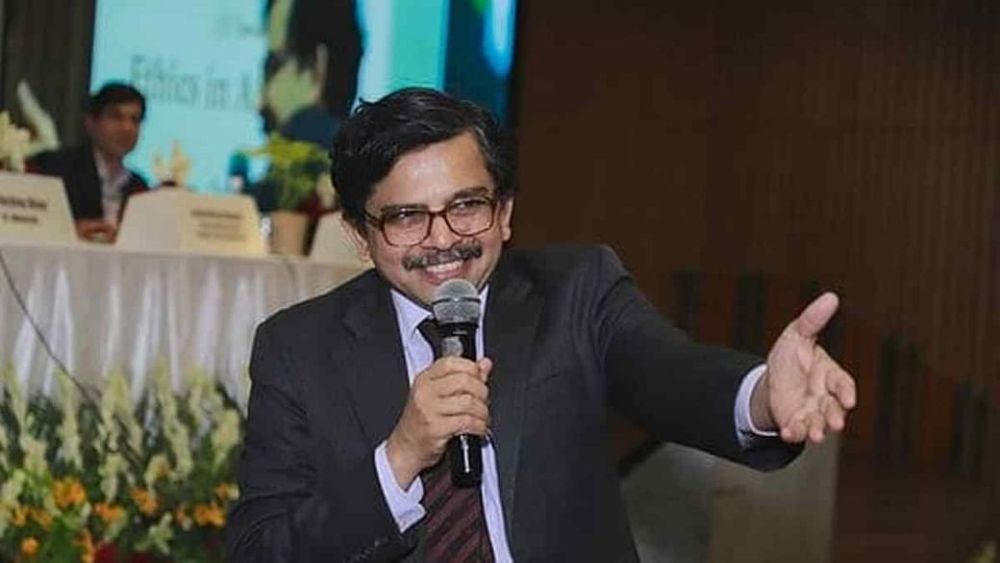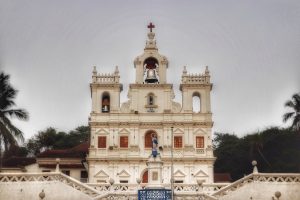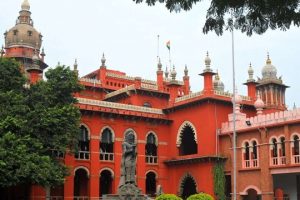1984: S. Muralidhar began his law practice in Chennai in September 1984.
1987: in 1987, Justice Muralidhar shifted to the Supreme Court of India and the Delhi High Court. He was active as a lawyer for the Supreme Court Legal Services Committee and later was its member for two terms. His pro bono work included the cases for the victims of the Bhopal Gas Disaster and those displaced by the dams on the Narmada. He was appointed amicus curiae by the Supreme Court in several PIL cases and in cases involving convicts on the death row.
2003: Justice Muralidhar was awarded the Ph. D by the Delhi University.
2004: He is the author of `Law, Poverty and Legal Aid: Access to Criminal Justice‘ a book published by Lexis Nexis Butterworths in August 2004
2006: Justice Muralidhar was counsel for the National Human Rights Commission and the Election Commission of India and a part-time member of the Law Commission from December 2002 till May 2006 when he was appointed a judge of the Delhi High Court.
2009: Justice Muralidhar is perhaps best known for ruling (along with Justice AP Shah) that Section 377 of the IPC was unconstitutional in the Naz Foundation case back in 2009, a decision that was cited appreciatively by the Supreme Court when it finally held the same in 2018. He is also known for his strong judgments against communal violence and invasion of civil liberties. He has authored judgments which include convicting the 16 UP PAC constables for the 1986 Hashimpura mass killing. He also led the bench that convicted the former Congress MP Sajjan Kumar for his role in the 1984 anti-Sikh riots.
2020: On the night of 25-26 February, 2020 he conducted an urgent midnight hearing on a request for ambulances and emergency services to be ensured access to areas in north-east Delhi affected by the ongoing violence. His urgent directions to the police led to prompt action, and he expanded on the directions in a subsequent hearing on 26 February, to ensure medical treatment and helplines for those affected by the violence.
As per the newspaper reports:
As the toll in Delhi violence crossed 20, Justice Muralidhar said Delhi cannot afford to witness another 1984-like situation, referring to the anti-Sikh riots in which thousands were killed in the national capital. The court asked the special commissioner of police, who was present in court, to forthwith convey its “anguish” to the commissioner and observed that the city had seen enough violence and it should not witness another 1984 anti-Sikh riots-like incident. The bench of justices S Muralidhar and Talwant Singh said when the police can register 11 FIRs in connection with incidents of violence, including arson, looting, stone pelting, why did it not show alacrity when it came to the alleged hate speeches by the three BJP leaders — Anurag Thakur, Parvesh Verma and Kapil Mishra. “Why are you not showing alacrity when it comes to registration of FIR in these cases? We want peace to prevail. We do not want the city to witness another 1984 riots. This city has seen enough violence and anguish. Let it not repeat 1984,” the bench said. Before dictating the order, the bench remarked, “The city is burning”.
President Kovind has ordered the transfer following the recommendation by Supreme Court. A notification issued by the Ministry of Law and Justice announced that the President has taken the decision after consulting the Chief Justice of India. Delhi High Court Judge, Dr. S Muralidhar has now been transferred to the Punjab and Haryana High Court. The Supreme Court had recommended the transfer last week, following which Delhi High Court launched a protest against the move. The Supreme Court collegium had recommended the transfer of 3 judges on February 12, 2020. The notifications for these transfers were issued late on Wednesday night. The law ministry notification, however, does not mention when he has to take charge of his office.
| Article 222 of the Constitution of India –Transfer of a Judge from one High Court to another: (1) The President may, after consultation with the Chief Justice of India, transfer a Judge from one High Court to any other High Court. |
2023: Justice Muralidhar is at present one of the senior-most Judge in the Delhi High Court, and after the retirement of Justice G.S. Sistani, he would be second in seniority, next only to the Chief Justice of the Delhi High Court. He is due for retirement in 2023.













Add Comment